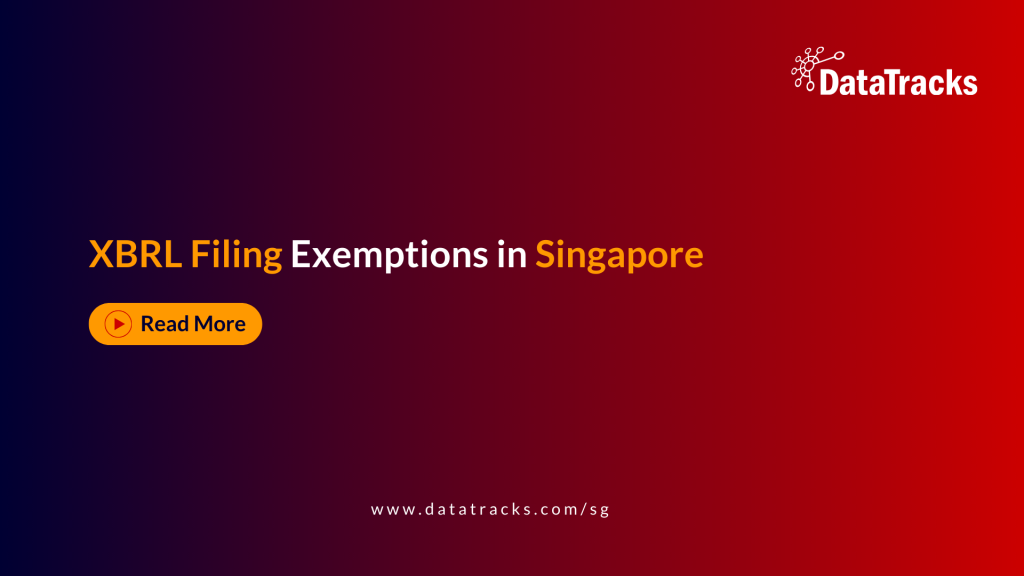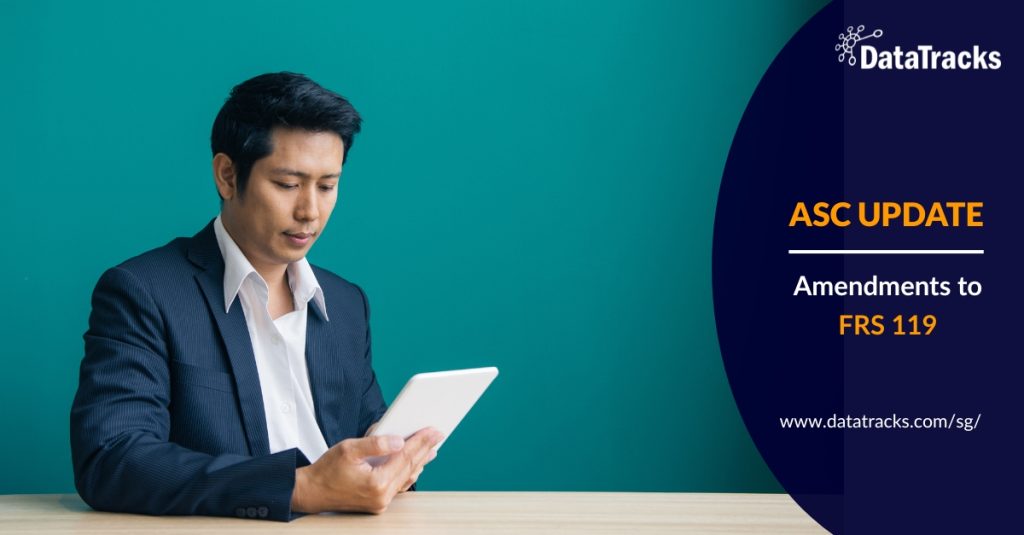Singapore’s advancements in Climate Reporting – The Pioneering Firms in Action
The result of a study by the Accounting and Corporate Regulatory Authority (ACRA), Singapore Exchange Regulation (SGX RegCo) and Centre for Governance and Sustainability (CGS) at the National University of Singapore (NUS) on climate reporting among large listed companies in Singapore has shown impressive trends.
The research demonstrates that 78% of these firms, mainly those in carbon-intensive sectors, have made good strides towards climate-related disclosure, which is an excellent precedent for others to follow.
Mandatory Climate Reporting Requirements
Singapore has announced that it will introduce mandatory climate-related disclosures (CRD) in a phased approach, starting from the financial year 2025 for all listed issuers and from the financial year 2027 for large non-listed companies.
The requirements will be aligned with the standards issued by the International Sustainability Standards Board (ISSB).
Climate Disclosure Requirements: An Overview
The Singaporean government has announced that starting from fiscal year 2025, phased mandatory climate-related disclosures (CRD) will be introduced for all listed issuers and large non-listed companies from fiscal year 2027.
This will be a demand-driven approach aligned with the International Sustainability Standards Board (ISSB).
This timeline shows the phased implementation of mandatory CRD:
- FY2025: All listed issuers to report ISSB-aligned CRD including Scope 1 & 2 GHG emissions with reliefs.
- FY2026: Listed issuers must report scope 3 GHG emissions.
- FY2027: Large non-listed companies to report ISSB-aligned CRD including Scope 1 & 2 GHG emissions with reliefs given. Listed issuers to obtain external limited assurance for Scope 1 & 2 GHG emissions.
- FY2029: Large non-listed companies to obtain external limited assurance for Scope 1 & 2 GHG emissions.
| Fiscal Year | Requirements |
|---|---|
| FY2025 | All listed issuers to report ISSB-aligned CRD including Scope 1 & 2 GHG emissions with reliefs. |
| FY2026 | Listed issuers must report Scope 3 GHG emissions. |
| FY2027 | Large non-listed companies to report ISSB-aligned CRD including Scope 1 & 2 GHG emissions with reliefs given. Listed issuers to obtain external limited assurance for Scope 1 & 2 GHG emissions. |
| FY2029 | Large non-listed companies to obtain external limited assurance for Scope 1 & 2 GHG emissions. |
Progress in Climate-Related Reporting Efforts
According to one study, Singapore Stock Exchange (SGX)- listed firms are increasingly implementing climate-related reporting efforts, as indicated by a jump from last year’s figure of only about sixty-five percent (65%)to over ninety-six percent (96%). Also, more issuers are now disclosing information on climate-related risks and opportunities.
Preparing for the Future
Businesses need to adopt best practices and find trusted allies to guide them through the maze of mandatory climate reporting that is fast becoming a reality. The Singapore Government has also unveiled plans to launch the Sustainability Reporting Grant, which will be used in assisting companies with their initial forays into corporate sustainability.
ACRA will review in 2027 how listed and larger companies have fared before deciding whether similar obligations regarding climate reporting should be imposed on smaller, non-listed companies.
Conclusion
Singapore is taking bold steps to ensure that its business community is prepared for a greener future.
DataTracks offers comprehensive solutions for sustainability reporting and XBRL filing so as to enable organizations in Singapore to move towards more transparent and sustainable business practices.



